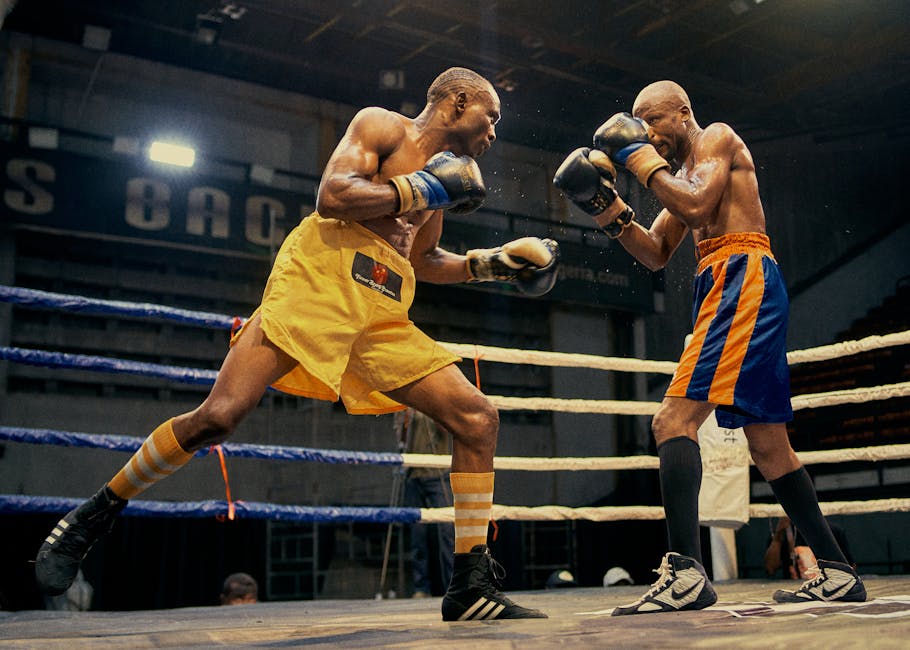In the fraught and echo-filled chamber of the Israel-Palestine discourse, some questions are treated not as inquiries, but as acts of aggression. This week, we were served a stark reminder of this reality when a journalist—armed with little more than a microphone and a moment of airtime—posed a question that proved too hot to handle. The consequences for the journalist who asked why Israel isn’t paying to rebuild Gaza were swift, brutal, and a chilling testament to the narrowing space for critical inquiry in modern journalism.
The question itself was deceptively simple: Why isn’t Israel, whose military campaign has resulted in the unprecedented destruction of Gaza’s infrastructure, expected to pay for its reconstruction?
The ‘You Break It, You Buy It’ Principle
On the surface, it’s a valid line of inquiry rooted in the simple, almost playground-level logic of “you break it, you buy it.” This principle, often referred to in international relations as the “Pottery Barn rule,” suggests a nation that causes damage, even in a conflict it deems necessary, bears some responsibility for the aftermath.
Proponents of this view point to the sheer scale of the devastation in Gaza—homes, hospitals, schools, and utilities pulverized into a landscape of ruin. They argue that the agent of that destruction cannot simply walk away from the humanitarian catastrophe left in its wake, regardless of the justifications for the war.
The Counter-Argument: A War of Self-Defense
However, the question immediately crashed against the steel wall of the dominant narrative. For Israel and its supporters, the premise is fundamentally flawed. Their argument is clear: the war was a defensive and justified response to the horrific attacks of October 7th by Hamas, a designated terrorist organization.
In their view, responsibility for the destruction lies squarely with Hamas for instigating the conflict and embedding itself within civilian infrastructure. The idea that Israel should fund the rebuilding of an area from which it was attacked is, to them, not just absurd but tantamount to rewarding terrorism.
Caught in the Crossfire: The Price of a Question
The journalist who dared to voice this query found himself caught in the crossfire of these two irreconcilable positions. He wasn’t just asking a question; he was challenging a foundational tenet of the pro-Israel argument. His employer, facing a torrent of online outrage and likely behind-the-scenes pressure, buckled. The message sent was unambiguous: there are lines you do not cross, questions you do not ask. For this journalist, the job loss was a direct result of that moment.
A Chilling Effect on Global Journalism
This incident resonates globally, particularly in countries where media freedom is a constant battle. The concept of pressure on journalists to toe a certain line is not new, but seeing it enforced so publicly has a powerful effect. We’ve seen how asking tough questions of any establishment can lead to trolling, professional ostracization, or worse. This journalist’s firing is a stark example of this phenomenon.
What is most disturbing is the chilling effect this has on journalism as a whole, especially when covering a conflict where over 100 journalists have already been killed. If asking a legitimate, albeit provocative, question about financial accountability can get you fired in the safety of a studio far from the warzone, what does that say to the reporters on the ground? It encourages a form of self-censorship—a silent agreement to stick to the “safe” questions and avoid touching the third rails of the conflict.
The Question That Won’t Disappear
The incident forces us to confront an uncomfortable truth. In the age of social media-driven outrage and polarized politics, the role of the journalist is becoming less about asking uncomfortable questions and more about navigating a minefield of sensitivities. The journalist who lost his job is a casualty not of the war in Gaza, but of the war on narrative. He was fired not for getting a fact wrong, but for framing a question in a way that made powerful people uncomfortable.
His job may be gone, but his question remains, hanging in the air. Who will rebuild Gaza? And more importantly, who gets to decide which questions are even allowed to be asked? In the silence that followed his dismissal, the echo of his query has only grown louder.




